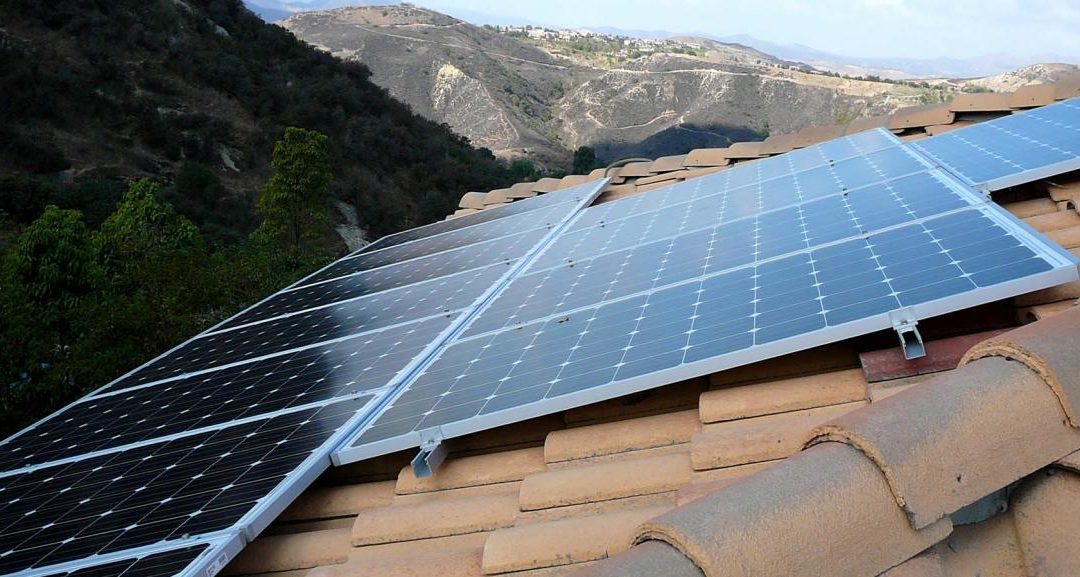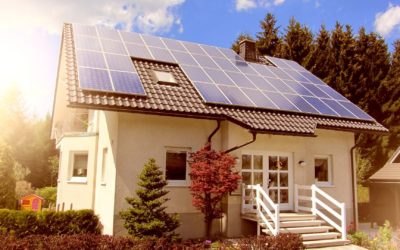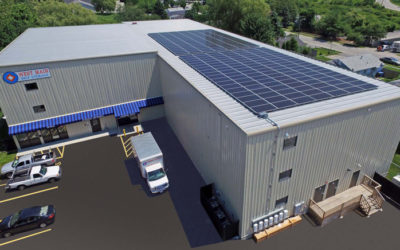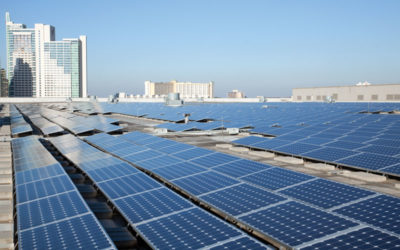Common Mistakes Made When Using Photovoltaics
Common mistakes sometimes bother or confuse customers when they’re first using solar panels. To help people who are planning to install solar, people who already have solar, and people who want to have a better understanding of solar panels, Aikyum Solar made a list of five of the most common solar mistakes. This article gives you ways to avoid making those mistakes so you can receive the highest savings from your solar panels.
1. Confusing Sun Hours with Daylight Hours

Solar panel users and companies use the words sun hours to mean the time of day when solar panels are working at their maximum potential. This means they’ll collect more solar power during those hours than during other hours of the day.
Daylight hours mean any hour of the day when the sun is shining. They overlap with sun hours as all sun hours occur during daylight hours. Sun hours, though, mean the time when solar panels are the most productive.
There are daylight hours after sunrise and before sunset that are not considered sun hours; instead, they are hours that occur when the sun is out but the panels aren’t working as well. They’ll function at a rate lower than the rate they would function at during sun hours.
Therefore, in the summer although the sun will be shining for twelve hours of the day, you won’t get twelve sun hours. The sun rises at 5 a.m and sets at 9 p.m. during the summer, but the panels’ peak hours, or sun hours, happen from 9 a.m. to 4 p.m. By understanding the difference between daylight hours and sun hours, you can more accurately predict the amount of power your solar panels are generating.
2. Not Reducing Consumption First
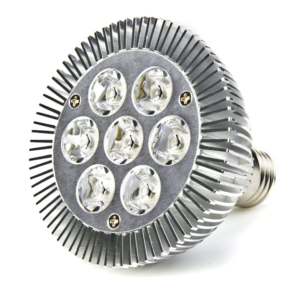
Another common mistake people make when they’re new to solar is to forget to reduce power consumption in their house beforehand. Rather than doing that as they should, some people start generating more power with solar panels right away. Here at Aikyum Solar, though, we believe in conserving first and then generating. Our favorite way of conserving energy before installing solar is to switch the lighting in a home from traditional light bulbs to LED light bulbs. We install the solar panels after.
LEDs allow you to save energy because they require fewer watts to give the same amount of light as traditional light bulbs. The watts saved every day when using LEDs add up to become more impressive by the end of a year of usage. Maybe your current lights are old ones with 75 watts. However, you decide to replace them with LED bulbs that only need to use 9 watts. The lights are ON in this hypothetical situation for five hours per day.
To find the watts saved each year by switching from the old 75 watt fixtures to 9 watt LED fixture, let’s do an equation. 75 watts multiplied by five hours per day equals 375 watts per day. That multiplied by the number of days in a year, or 365, equals 136,875 watts, or 136.875 kilowatts (kWh) used per year.
The number of watts used per year is lower once the old lights are replaced with LEDs. Again assuming the lights are on for five hours per day, the 9 watt LED fixture will use 45 watts per day. That number times 365 days in a year equals 16,425 watts per year, or 16.425 kWh. The difference between the number of watts used by the old fixture and the number of watts used by the LED bulb is 120.45 kWh per year. That means you’ll save 120.45 kWh per year from each LED bulb.
All traditional bulbs and LED bulbs use different amounts of energy, of course. However, the math problem above shows the LED bulbs will save you energy. Doing so is important because the fewer watts the appliances in your house need, the fewer solar panels you will need to install to give you enough electricity.
3. Improperly Installing Your Solar Panels
Solar panels need to be installed correctly or else they won’t function at their full potential. Here are several of the most important rules to follow when mounting your solar panels.
The panels need to face south if you live in the Northern Hemisphere. This is so they will be where the sun hits and therefore generate the maximum energy amount. If they cannot face south, then the next best direction for them to face is west. The next direction is east. Panels facing north, the least beneficial direction for them to point, will fare slightly worse than panels facing east will.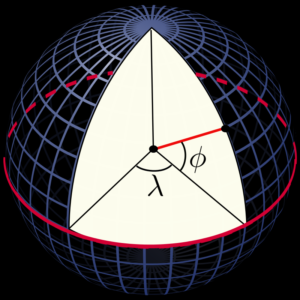
Mount your panels at an angle equal to the angle of latitude of where you live so they’ll be ready for rays of sun. Latitude refers to the distance your home is from the equator. The image below shows the way latitude and longitude work (you might remember those terms from school). The symbol φ refers to latitude, and shows the way an angle of latitude is defined by the distance from the equator and the Earth’s core. The other symbol, λ, refers to longitude, a factor inapplicable to solar panel installation.
Solar panels do best in a temperature of 77 degrees Fahrenheit. The higher the temperature is over 77 degrees, the less energy they’ll collect. Even though solar panels gain energy from the sun, making them appear to thrive during hot, sunny days, the perfect day for a solar panel is when although the sun is out, the temperature isn’t so high as to impair the panel’s functioning. High temperatures are not desirable for energy production.
The final way to ensure your solar panels are mounted correctly is to leave a gap of air between the panels and the roof. Doing this will prevent the panels from overheating.
Placing your solar panels in an area that is the correct position toward the sun and won’t overheat can keep them working at their maximum potential.
4. Choosing Deceptively Cheap Solar Panels
It’s tempting to buy something right away when we find a great deal for it. However, solar panels sold at extremely low prices, the kind that seem too good to be true, most likely come with deficiencies. If panels are offered to you from a door-to-door salesman or at a swap meet for much less money than a company like Aikyum Solar would charge, you can expect problems.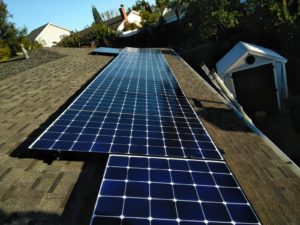
The brand of solar panels you are considering buying at the swap meet might have been discontinued, for instance. That would mean they don’t work as well as the kind of panels Aikyum Solar would install.
Also, DIY kits are an unwise option for installing your panels, and so is trusting a random company you haven’t researched first. Aikyum is a licensed solar contractor. We offer proper liability and give our workers compensation insurance. Sacrificing a low price and instead choosing the qualified company that charges a reasonable price will benefit you more in the long run. Do your research to find the most qualified, safest solar panel company with the fewest drawbacks.
5. Choosing the Incorrect Size of Solar System
The final common mistake newcomers to solar power make is to buy the wrong size solar system. A common occurrence is for customers who have recently purchased their solar system to become too excited. They then assume their solar panels are generating more energy than they really are. This causes them to run their air conditioner too much. They then realize their electric bill is too high due to the excessive air conditioning their house is receiving.
The problem can be avoided by asking Aikyum Solar for a slightly larger system, one that lets you run your air conditioner as often as you want.
Sizing your solar system correctly will let you run your air conditioner as much as is comfortable for you.
To Sum It Up:
Here’s a recap on avoiding these common solar mistakes.
- Understand the meaning of sun hours.
- Reduce electricity consumption before generating more power with solar panels (Aikyum Solar’s solution is to switch from traditional lights to LEDs).
- Make sure your solar panels are installed at the correct angle and distance from the rooftop.
- Do your research and be realistic when shopping for solar panels.
- Be mindful of the size of your system.
What’s Next?
Put your new solar knowledge to good use by choosing to have solar panels installed by Aikyum Solar – call 888-9898-SUN today or request a free quote by clicking the button. Communicate with Aikyum regarding your solar system and we’ll make sure it operates in a such a way in order to maximize your benefit.

